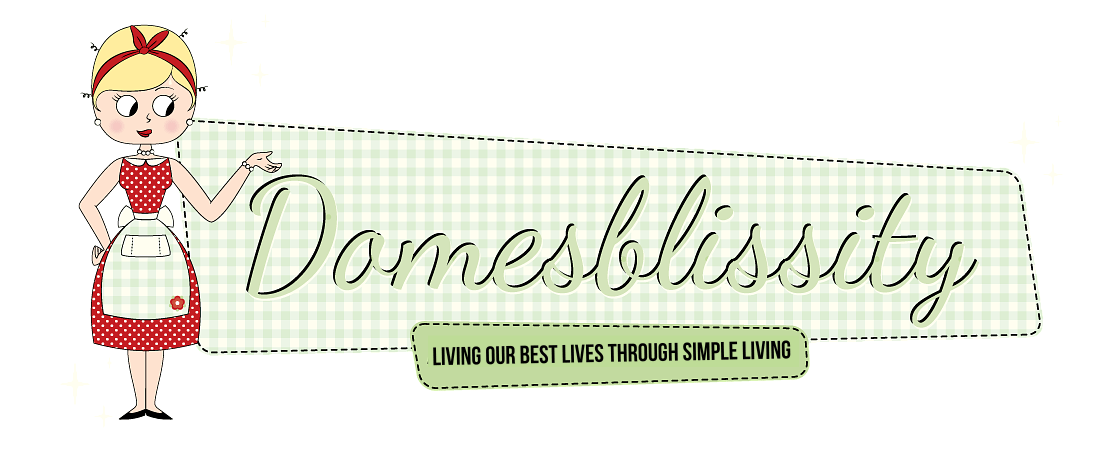Do you hate having a big fridge clean out the moment you’re about to do a grocery shop? Do you throw out too much food therefore wasting money? I want to share how to stop wasting food and save money and the environment.

This topic has always been a frustrating one for me because I’ve known so many people who spend so much on food each week but still continue to throw it out then go and buy more food. I felt like writing about now because of a TV program that has just been aired here in Australia called The War on Waste, a 3 part documentary on how much food is being wasted here in Australia. It highlights how the supermarkets are holding consumers to ransom by creating guidelines on the type of product that will only be accepted from farmers for sale in their supermarkets plus the show went into people’s homes and emptied their garbage bins to show just how much each household throws out each week.
One of the most interesting, and disappointing, stories featured on the program was how banana growers can only sell bananas of a certain size and shape to the major supermarkets in Australia. Tonnes of bananas are thrown out everyday because they’re too big, too small, too straight, too curved. I’ve never heard of anything more ridiculous. Perfectly good bananas being thrown away because the supermarket won’t buy them because they think that’s not what consumers want. I’m a consumer and I don’t recall ever being asked what size banana I wanted to buy. Did they survey customers as they walked through the door and asked them? I don’t think so. What stupid rubbish is this? A banana is a banana. Sometimes you might want big ones. Sometimes you might only want little ones. The choice should be ours. Not how pretty it looks on display in the supermarket. With such an abundance of bananas grown in our country we should never have to throw away one!
Here are a few tips anyway on how I don’t waste food.
Buy only what you need
Running my kitchen like a restaurant and only stocking the ingredients in my pantry, fridge and freezer that I know I will use within a fortnight, month or before they expire will cut down on the amount of food you waste and the money you spend. I only ever spend $150 per fortnight on all of my groceries and that includes cleaning products, pet food, toiletries and other consumables besides food.
Why should I buy a bagful of apples when I only need 5 for the week for my son, who I know will eat them? There’s no point buying them for my daughter who won’t eat them, as much as I’d like her to. She will eat grapes though so I’ll only buy enough for 5 lunches, not a whole kilo as they are sold. What’s the point?
On the other hand, if I saw a bagful of 10 apples reduced and they had a couple bruises on them or were imperfect, I’d buy them and give some to my son for lunches and use the others in baking. Which leads me to my next hint.
If you can’t use it straight away, prepare it for use later on
I’m the same as most people. When they see a food bargain that’s too good to pass up, you buy it. If you know you’re not going to use it straight away, FREEZE IT! That’s what I do. I know you can’t freeze apples, for example, as they are so I peel them, chop them, stew them, sometimes puree them, then freeze in 1 cup amounts. One cup of apple puree is enough for 1 cake, eliminating the need to add sugar and makes the cake really moist. If it’s left in a chopped state, you take it out of the freezer, pop it straight into a baking dish and make an Apple Crumble.
I’ve still got mango from summer over 3 months ago in the freezer that I use for smoothies, whole bananas, frozen blueberries and numerous other fruits and vegetables that I knew were starting to whither and instead of throwing them out, I prepared them for the freezer.
The same applies to just about any food item I buy whether it’s bread, meat, cakes, biscuits, cheese. All my cheese is kept in the freezer so it never goes mouldy. I only ever take out as much as I need for a dish.
A tablespoon goes a long way
I had a tablespoon of sour cream left from nachos the other night and knew that it would come in handy, only if I planned to use it before the expiry date. The same applies for plain Greek yoghurt, ricotta cheese, cream or other dairy products. You might not think it’s enough for a complete dish but a tablespoon of any of these types of products goes a really long way. Add it to a soup or stew for a creamy finish to your dish. I popped the bit of sour cream on top of some microwave baked potatoes with a bit of butter.
If you don’t use it straight away, pop it in an ice cube tray for use later on. If you do that a couple of times, you might finish up with say 6 tablespoons of Greek yoghurt for a cake, for example. Be sure to pop them out of the ice cube tray and into a specially marked container in the freezer so you can remember what the product is.
Those kind of dairy products are transferable to any dish. I use Greek yoghurt in place of sour cream in a lot of my cooking and it has the same texture and taste with added goodness.
Save leftover anything
My daughter is the worst eater I’ve ever encountered so I know there will always be leftovers on her plate. I try to limit just how much I put on her plate especially when I know she won’t eat it. If I have leftover roast vegetables, they are so delicious in so many different dishes. (I try to cook extra because I know how good they taste in these recipes.)
Even a couple tablespoons of pasta sauce can be popped into a container for a quick lunch for someone the next day. If not, freeze it for another day.
The bones are the best part
Any great chef will tell you that meat cooked on the bone makes it more tasty. I nearly cringe when I see people throwing away perfectly good chicken carcasses without at least making it into a stock or soup. How much nicer would a dish taste if you used authentic chicken or beef stock by boiling the bones?
Even a supermarket rotisserie chicken carcass can be turned into another meal of chicken and noodle/vegetable soup for next to nothing.
When in doubt, freeze it
As mentioned before, you can freeze just about anything. Just realise that it may not return to its original state when defrosted but can still be used, for example celery or tomatoes. When freezing food, make sure to label it correctly with the food it is, the quantity (approximately) and the date you put it in. I use paper trays in my freezer to keep together similar items like sandwich meats, bacon, processed meats in one. Things like the ends from bread, bits of cake or biscuits in another and pureed or fruit/vegetables in another one.
I do have the luxury of a chest freezer but it was purchased second hand for around $60 so a totally affordable option if you’re thinking about trying to save food and cut down on grocery spend and waste.
Grow your own food
You can easily grow your own food from seeds and roots from vegetables. Anyone remember growing a carrot top on a cotton ball on the kitchen window sill in primary school? We all did it. You can easily grown lettuce and celery for example from the ends plus save the seeds from just about any vegetable and grow it. Even though I don’t do that, I know I should. That would reduce my grocery spend even further.

So there are just a few ideas on how to not waste food and save money on grocery spend plus help to save the environment. Recent statistics show that Australians throw out $8 to $10 billion every year! Australia produces enough food to feed approximately 60 million people, yet two million people still rely on food relief every year. (*)
While the planet is struggling to provide us with enough resources to sustain its 7 billion people (growing to 9 billion by 2050), Food & Agriculture Organizations of the United Nations (FAO) estimates that a third of global food production is either wasted or lost. Food waste is an enormous drain on natural resources and a contributor to negative environmental impacts. (*)
And this is only in Australia! Imagine what it’s like in the rest of the world?




